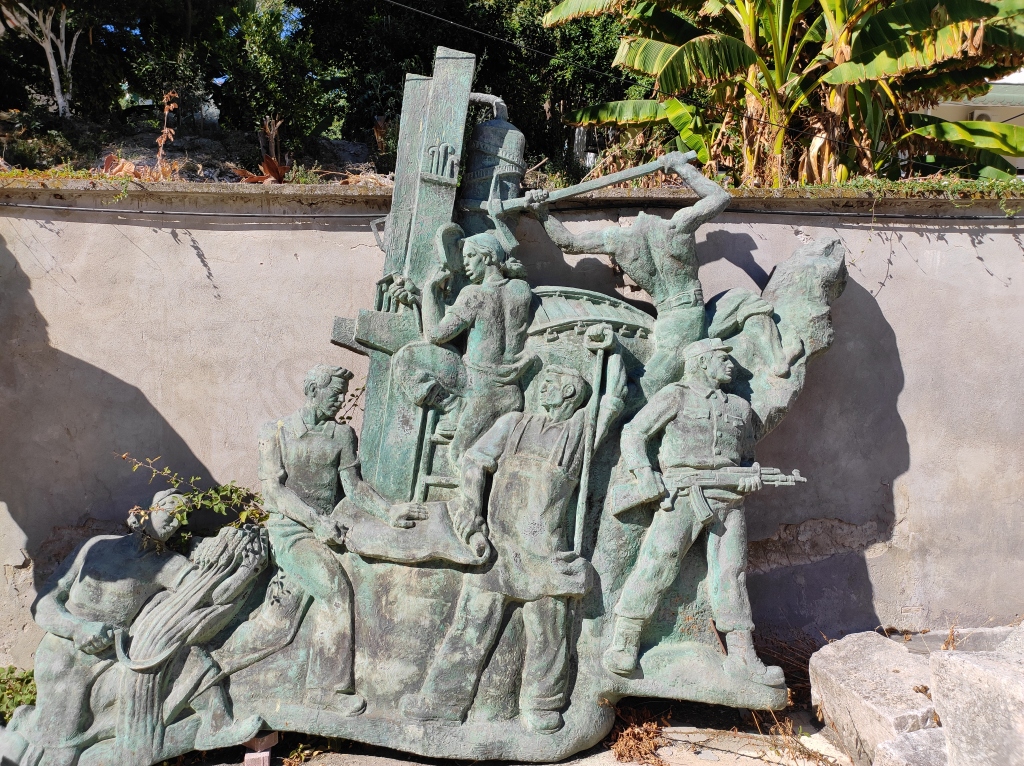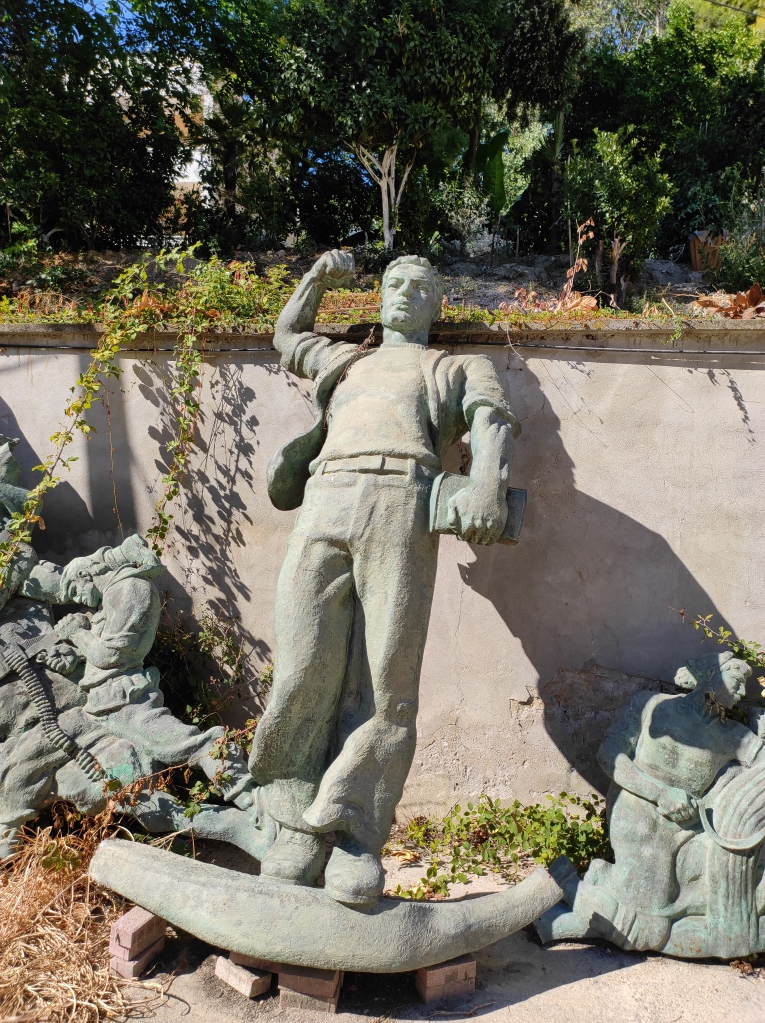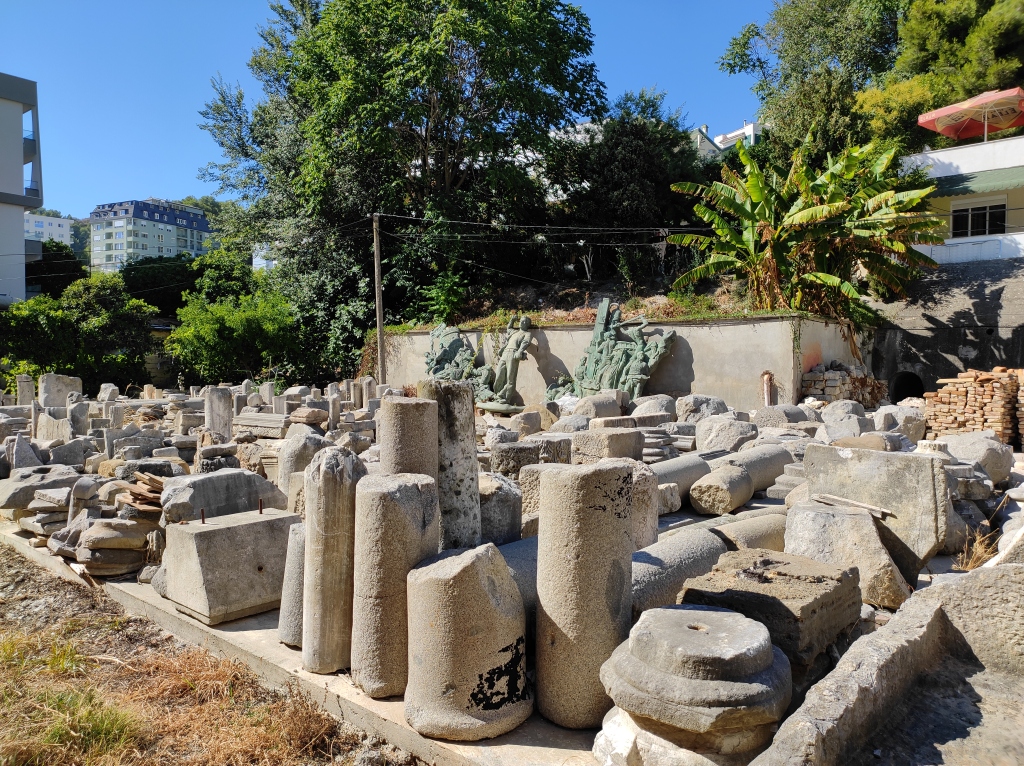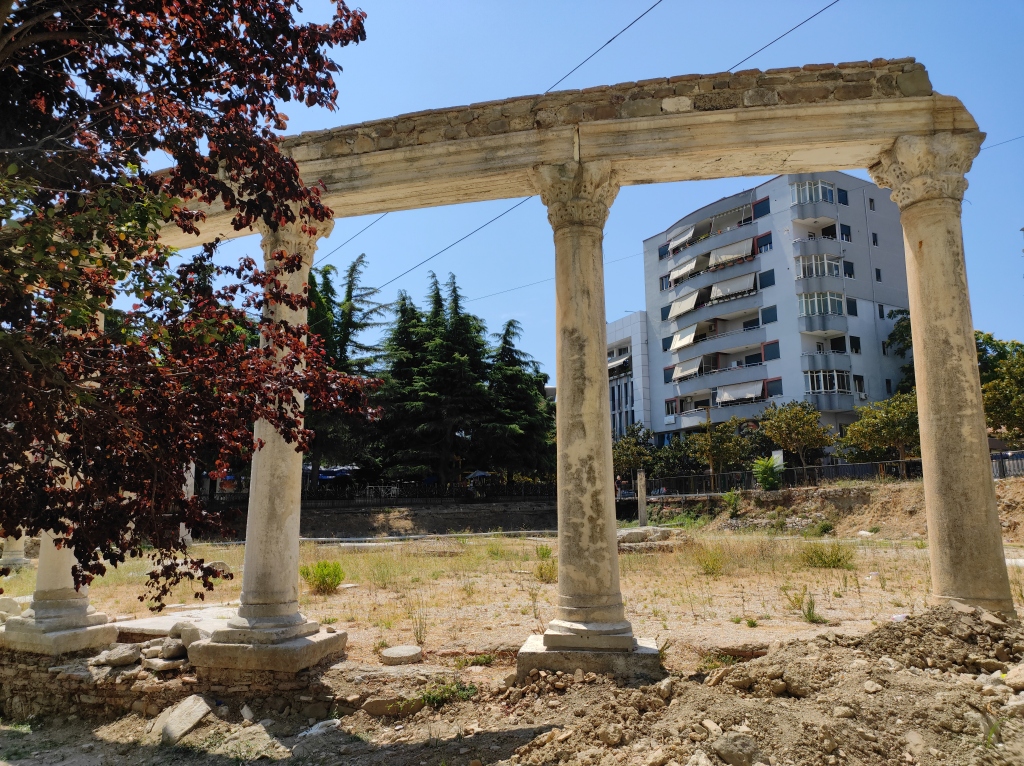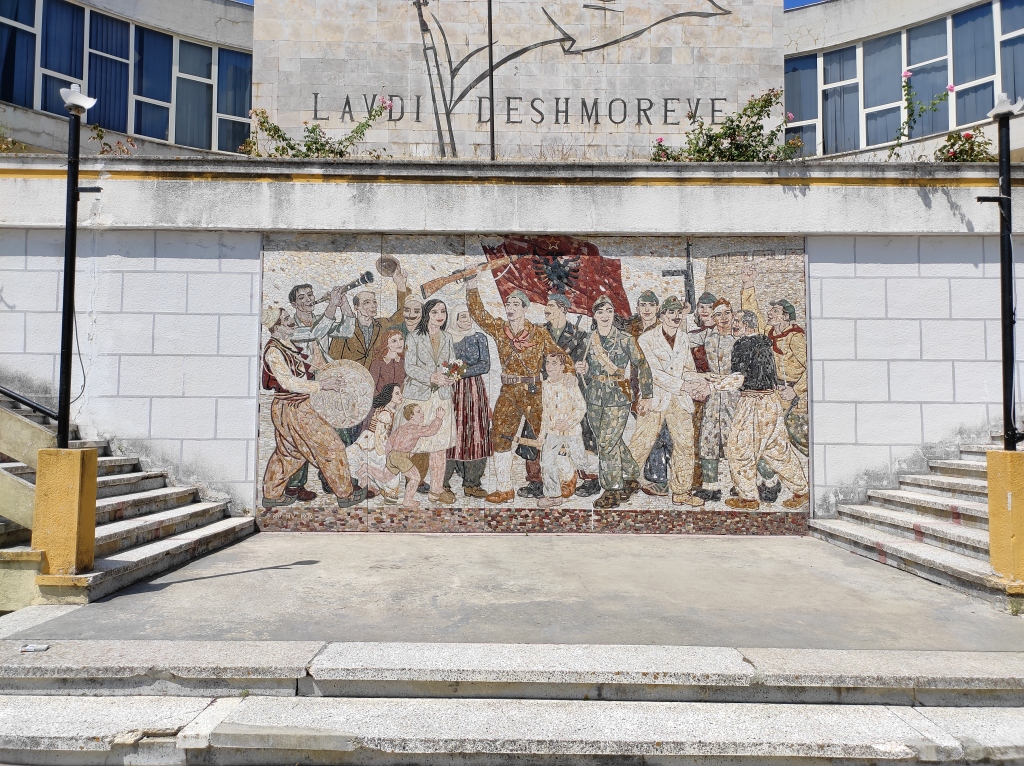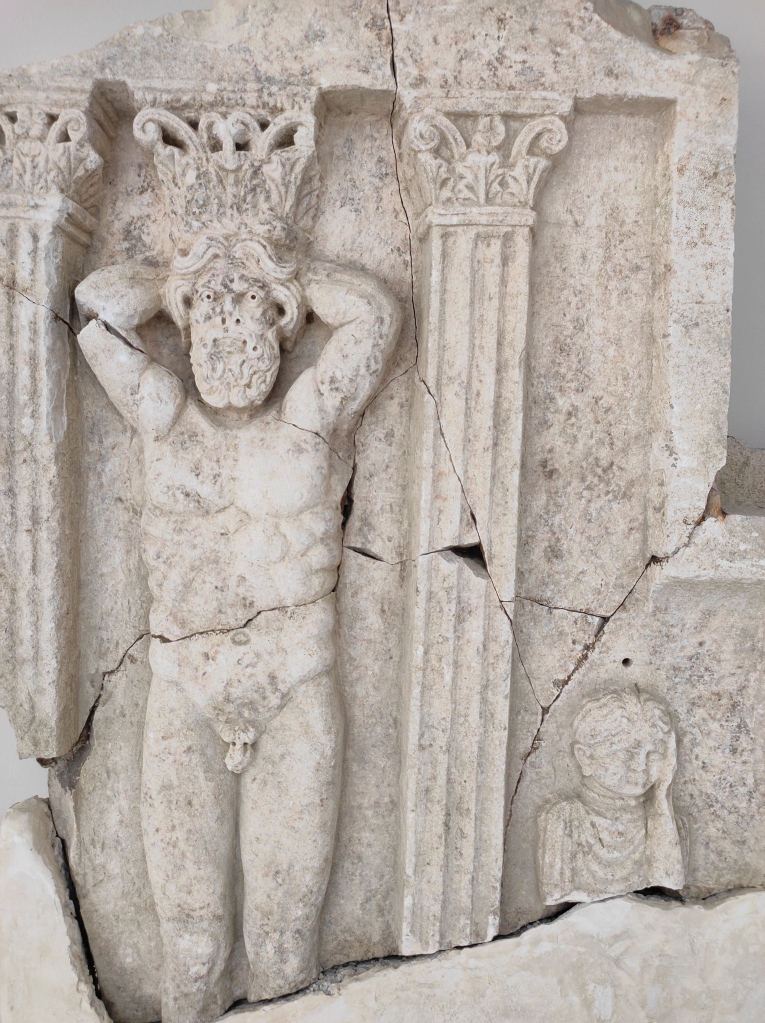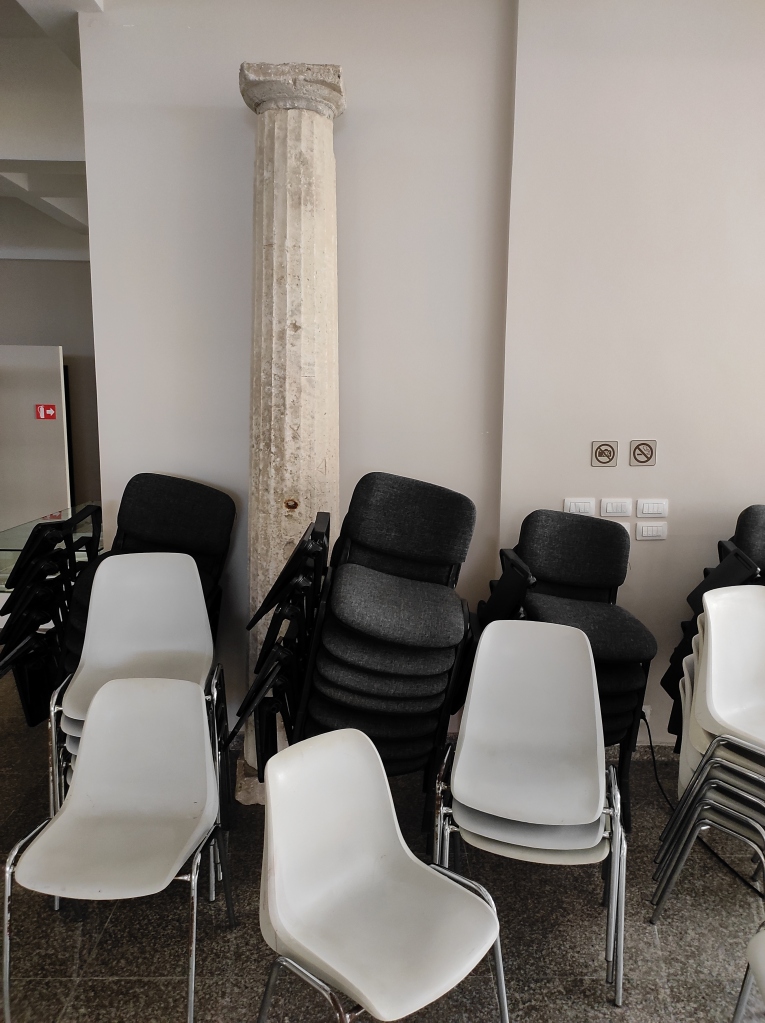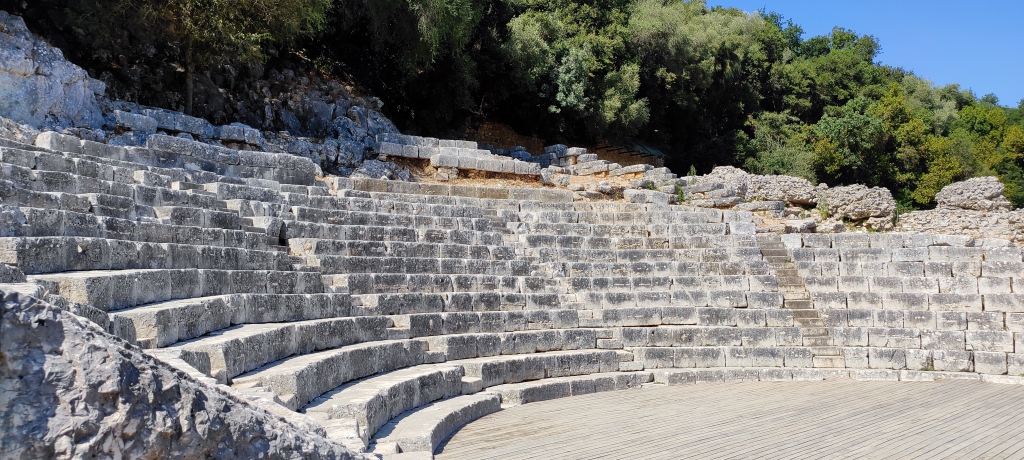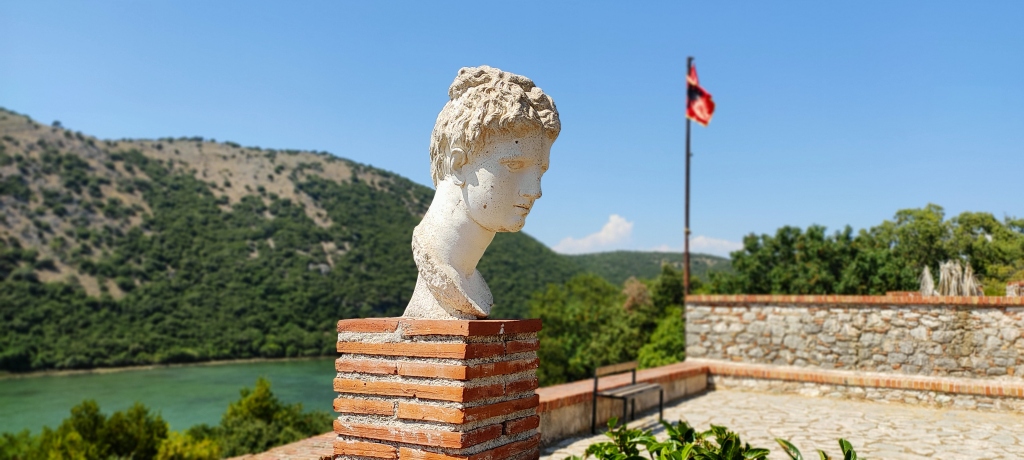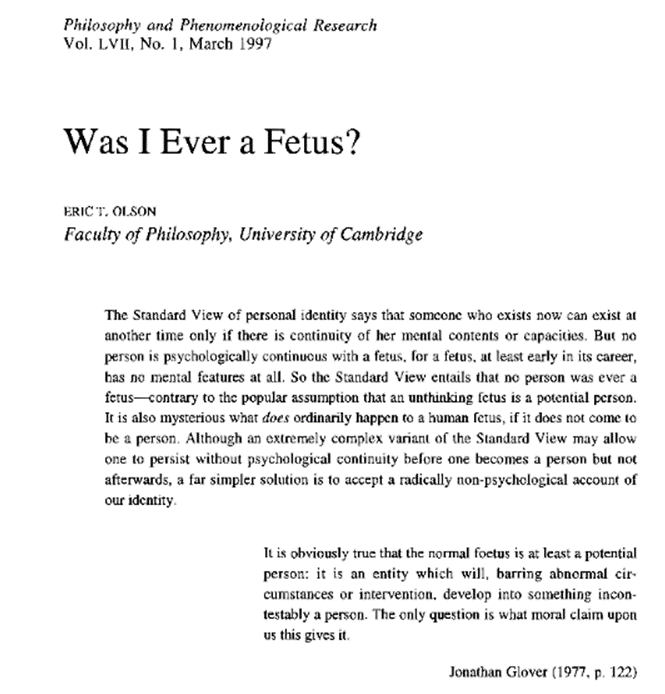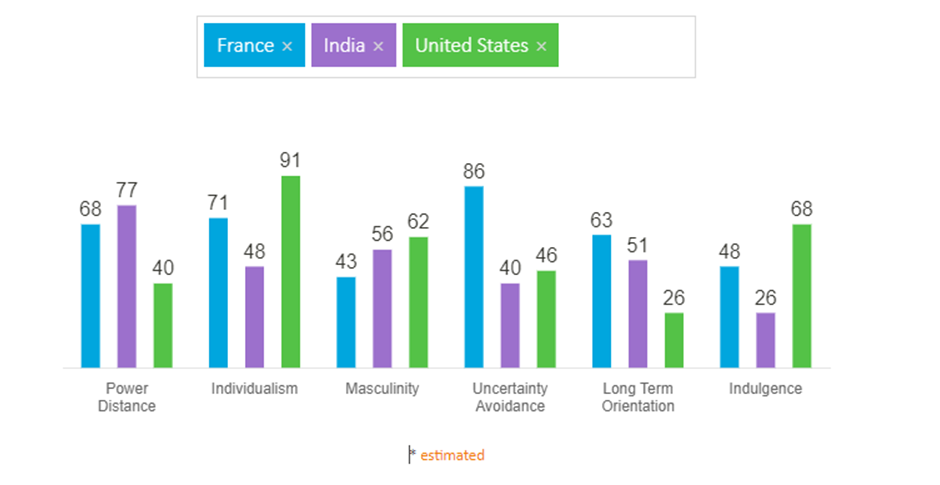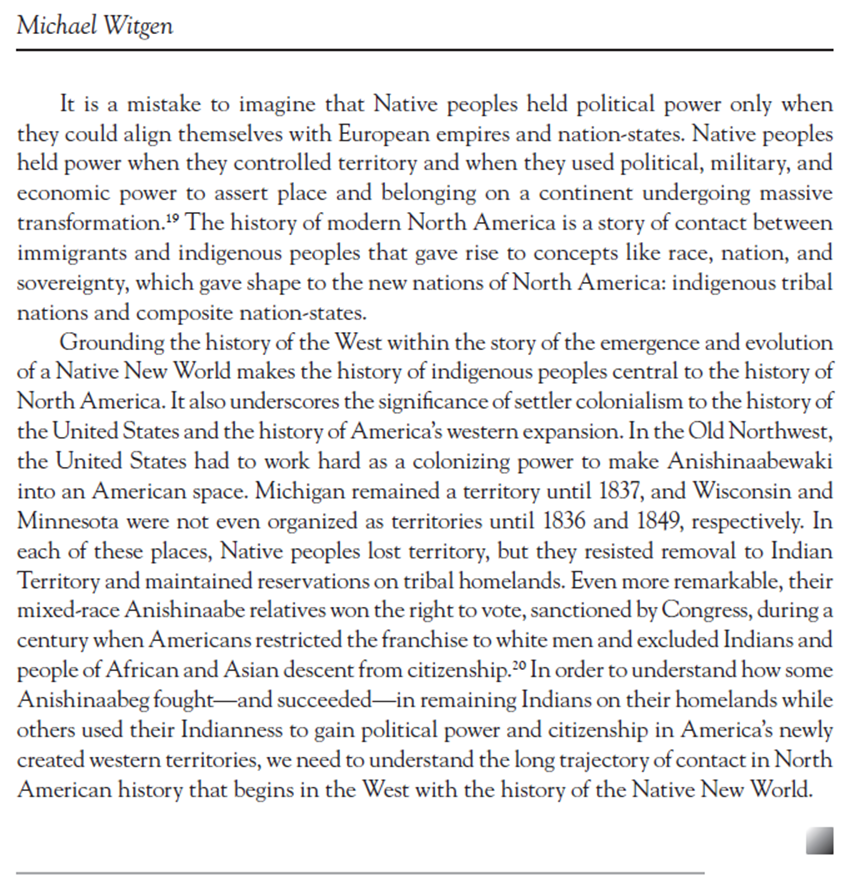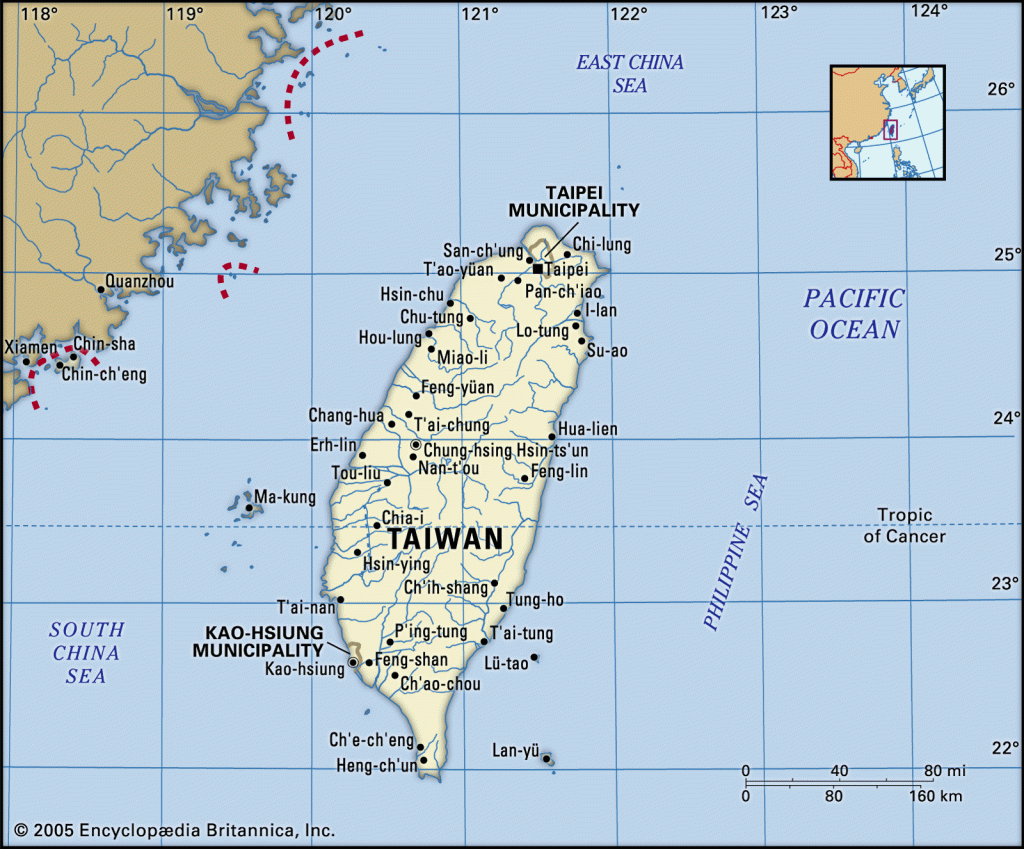We live in times in which the liberal democracy is challenged by a sort of political meritocracy according to which a performance legitimacy — i.e., the utility that government management brings to the population – would be more important than the legitimacy of origin, based on the consent of the sovereign people. Thus, economic growth and its beneficial consequences for the governed are presented as substitutes for liberal values, which often also encounters difficulties in its governance. The next step would be to replace liberal democracy with a single-party meritocracy, legitimized in its ability to efficiently provide public goods to its population. In this context, is Contractualist Rationalism still a sufficient foundation for liberal democracy? We will seek to respond to this query with the answer to another question, related to the previous one: What position would the so-called anti-Contractualists or anti-Rationalist assume in the current context?
Both for David Hume and later for Edmund Burke, political power lacks legitimacy of origin. They stated that every government is born either by conquest or by usurpation, since for a social contract to even be conceived, it must be preceded by a system of legal norms in which to fit. Therefore, if there is a political obligation on the part of the governed, it has its source in the legitimacy of exercise that, day after day, the rulers gain. However, such source of legitimacy does not come exclusively from the force with which governments impose compliance with their laws, but in the common interest of the rulers and the ruled to maintain the validity of certain norms of coexistence or justice, whose discovery is born of the practice of interactions between different individuals, its fulfillment generates a long-term benefit for society and its application begets concern for the aforementioned common interest among all members of the social and political body.
Norms and human nature
David Hume distinguished, for this, between natural and artificial virtues, belonging those norms of justice to this last category, since the man in himself would not have a natural propensity to comply with them, but they depend on a critical reasoning capable of being able to see the convenience of the universalization of such standards. For this reason, the Scottish philosopher proposed a model of an agent who behaved in accordance with a principle of limited generosity: he was not exclusively selfish, but rather had an empathetic capacity capable of putting himself in the place of his fellow man. In turn, he was not entirely rational, but that same empathy moved him to act according to his passions, such as to prefer his own kind to strangers. Continuous interactions with other human beings following this behavioral model of limited generosity allowed the social fabric to be endowed with certain structuring regularities, by virtue of the habit born from the repetition of actions inspired by said principle of limited generosity -and the consequent expectations regarding the behavior of own and others arising from the aforementioned habits of conduct.
This plexus of habits and expectations allows agents to make decisions based on a given structure of human interactions that can be identified through a standard of expected behavior, distinguishing what should be from what is not expected to be. Such rules of conduct are called by David Hume as “of justice” and their compliance habit configures “artificial virtues,” since on certain occasions they may conflict with the natural virtues concerning the principles of limited generosity that make the agent prefer his own kind to the others.
In this way, David Hume stated that human interactions form a social structure that is built upon notions of justice that he identified as those of stability in possession, its peaceful transmission and the fulfillment of the promises. These consist of social institutions that arise spontaneously from human interaction and that, because on certain occasions they may conflict with private interests, are not universally accepted spontaneously, but rather, on the contrary, need the support of force for their fulfillment. It is by providing such enforced compliance with the norms of justice that governments gain their legitimacy of exercise.
Although, as we said, the observance of these practices and institutions constitutes a particular interest shared by all members of society, since they all share the natural virtues of looking after the interests of their own group and this is what make them peacefully prosper. Nevertheless, it would be useful to illustrate those instances in which the passions that make up the natural virtues conflict with the rules that maintain such a peaceful order of coexistence and exchange: such is the case, for example, of compliance with the promises.
If a person hires another for the manufacture of a certain work that will take a certain time to complete, pays him an advance on account of the payment of the total price at the end of the work, both will be faced with possible conflicts of interest when fulfilling their respective promises. Once the contractor receives the advance of the price, he will be faced with the dilemma of complying with the execution of the work and bringing it to completion or assuming the opportunistic behavior of allocating such a sum of money for another more desired interest: to buy toys to their children, for example. Suppose that the contractor complies with his commitment and delivers the work to his client in a timely manner. In this case, the latter will be faced with the dilemma of honoring his commitment and paying the balance of the price, receiving the work, or allocating that money to a more urgent and priority need at the moment, such as helping his parents to raise a debt. If social organization were structured exclusively around natural virtues, Hume reasoned, the fulfillment of promises would be highly unlikely. Thus, artificial virtues are born, such as justice.
The role of government, in Hume’s view, is to give mandatory force to the spontaneous norms of justice -such as the aforementioned stability in possession, the peaceful transmission of said possession and the fulfillment of promises- through the establishment of sanctions and compensations that discourage non-compliance. Thus, if the contractor in our example chooses to allocate the money from the advance of the work for which he had been hired to buy toys for his children – since, naturally, the happiness of his children is above the happiness of his client -, then he should pay his counterpart a compensation for damages that will far exceed the value of the said toys. In this way, the happiness of the children of the contractor will be better guarded if he fulfills his commitments. Correlatively, if at the end of the work the contractor hands it over to his client and the latter refuses to pay the balance of the price, given that he prefers to allocate the said amount of money to pay a debt from his parents, then he will have to face a compensation that probably would exceed the value of the debts, so the debtor in this case will have a strong incentive to fulfill his part of the contract.
However, there are cases in which the breach of a promise is still advantageous even when opportunistic conduct is threatened with the payment of its compensation. In those cases, the need to be met is so urgent that its value exceeds the standard set by the positive law for breach of contract. These are the cases in which the contractor in our example no longer must buy toys, but rather food or medicine for his children, or in which the parents of the buyer of the work will have to put their house up for auction if their son does not help them in due time. In both cases, what we have is a general and abstract rule: in the case of a breach of contract, the debtor owes the payment of principal and an interest rate. On certain occasions, it will be convenient for the debtor to make the payment, on others, to face the costs of the breach.
Every system of abstract norms is articulated around standards of conduct in accordance to which the agents make decisions that will have to be rational from an ecological point of view. For example: in American law system of torts, the Rule of Hand (in honor of Judge Learned Hand) establishes that a person, in order to avert a certain risk, cannot be asked to incur in costs greater than the value of the said risk (that is, the value of the protected asset multiplied by the probability that the loss will occur.) Thus, if to avoid losing an asset with a value of $1,000 and whose probability of the loss occurring is 1%, it is unjustifiable because it is unreasonable to require its guardian to incur costs greater than $10. Likewise, in this case, personal utility and social utility coincide, since higher expenditures would mean a decrease in aggregate wealth. Correlatively, in the legal world linked to the European Continental tradition, heir to Roman law, there are expected standards of conduct such as those of a good businessman and a good family man, which establish the upper and lower limits of the duty of care.
In all cases, the person who makes the final decision about whether or not to carry out a certain action and face the consequences, natural and legal, is the individual. Empathy towards someone who is considered as one’s own works as a natural limiting factor for action, as well as rules of courtesy and moral guidelines. They all act as empirical institutions. When these are insufficient for the purpose of maintaining a stable structure of peaceful exchanges, positive legal norms become relevant, establishing mechanisms of patrimonial compensation and repressive sanctions that have a dissuasive purpose with respect to a certain range of actions. However, a liberal legal system will never prevent the commission of certain actions, but will limit itself to discouraging them and, if carried out, to compensate them. In this way, each individual will have to decide their course of action according to their particular circumstances of time and place, refraining in some cases from carrying out certain actions and, in others, carrying them out knowing that their omission is more disadvantageous than the compensation or threatened sanction.
Suppose a man wants to avenge the outrage and murder perpetrated against a daughter of his, who went unpunished due to difficulties in the evidence. The state cannot apply repressive sanctions against the suspect of the crime because he has procedural guarantees that are inviolable. However, nothing prevents the offended party from choosing to take revenge at the price of being criminally sanctioned. We can assume that the suspect of the crime achieves an interdiction against whoever is chasing him, prohibiting him from approaching him within a certain radius of meters. However, the vigilante will have to prefer to violate such a prohibition and kill the person who, according to his particular conviction, is the author of the crime against his daughter. In this last case, there is no room for doubt: the avenger is the author of the homicide against the suspect of the previous crime. The avenger ends up sentenced to serve some years in prison, plus the payment of a fine for having violated the interdiction and the payment of compensation to the relatives of his victim. Well then, the criminal being convinced of the justice of his decision, that conviction will seem like a convenient price to pay in order to avenge the outrage followed by the murder against his daughter.
Such a case does not represent a failure of the legal system as an incentive structure for decision-making. On the contrary, it is a typical case of how such a system works. Compensation and repressive sanctions are prices that structure a certain ecological rationality, since under a certain matrix of compensation and sanctions one decision will be rational, while it will not be under another. If, for example, simple homicide is punished with a sentence of deprivation of liberty from eight to fifteen years, which can be extended to twenty-five years for cases of aggravated homicide, then certain actions will be irrational and others will remain reasonable. It is unreasonable to risk receiving such a penalty in the face of a verbal insult and, as we have already seen, there are other circumstances in which an individual is willing to assume not only the risk but also the certainty of being punished.
As a result of this system of incentives represented by the norms of justice, the final distribution of resources will correspond to a greater social utility, even in cases of violation of the aforementioned norms of justice, since no one will be forced to sacrifice resources inefficiently, above its opportunity cost. In this way, we see how David Hume offers us a sort of pre-utilitarian foundation for the norms of justice. However, this utilitarian-like notion also makes it possible to comply with an ethical requirement: for the purposes of complying with the rules of justice, no one is taken as a mere means, since compliance with them must provide some type of utility for each subject and, in otherwise, he is free to break the law and voluntarily face the consequences of such non-compliance, which he judges more advantageous than obeying the law itself.
The antagonism of interests between rulers and ruled
However, although a legal-political system understood in this way preserves its morality – since it encourages each individual to act contributing to the general welfare without losing sight of the fact that each individual is an end in himself -, its raison d’etre is not in the immediate interest of each agent in general, but in the immediate interest of a particular agent, who has interests diametrically opposed to the generality of the rest of the agents: the ruler. This does not pursue the protection of the general interest in the long term by enjoying a special moral predisposition, but by the particular interest of increasing its tax collection by increasing general wealth. The ruler who has a long-run horizon does not find it convenient to consume capital, but rather to increase it. Consequently, the government -being understood as the state– is directly interested in enforcing the rules of justice, although this often implies contradicting the direct and short-term interests of the governed.
Of course, David Hume also admits that, under exceptional circumstances, it would also be convenient in the long-run to temporarily suspend the rules of justice. This would be the case, for example, of a foreign exchange or bank run, in which, respectively, the foreign exchange market is suspended or the return of deposits is rescheduled. Both a devaluation of the currency and a rescheduling of bank deposits mean a disappointment to the legitimate expectations of holders of local currency or depositors, but a bankruptcy of the currency board, the national treasury or the banking system would cause greater damage -for both the ruler and the ruled.
But, removing those exceptional cases, the general rule is that the interests of the government are the opposite complement of the interests of the governed. While the former maximizes the utility of its resources by promoting the norms of justice, the latter do so by assuming opportunistic behavior – it is worth remembering here the well-known phrase by John Maynard Keynes, insofar as “in the long run, all we are dead”. However, the long term arrives and the societies that have a high level of enforcement of the rules of justice experience higher capitalization indices than the societies do not. It remains, of course, to see who appropriates such a surplus, if everything belongs to the ruler, or if the ruled can capture some of the surplus wealth generated by the effective enforcement of the rules of justice.
In this aspect, the classic forms of government are of particular incidence: a monarchy will have the advantage of having a greater incentive to enforce the rules of justice, which in the long run increase and deepen the structure of capital and, consequently, the tax collection. At the other pole, direct democracies would tend to find numerous exceptions to the rules of justice, rendering them completely ineffective. A mixed form of government, such as a constitutional monarchy in which the king is the head of state and the leader of parliament the head of government, would balance the interests of the rulers and the ruled. Those who are interested in increasing tax collection and those who seek to reduce it. The best way to reconcile both interests would be to encourage the formation of capital through the reassurance of the rules of justice: stability in possession, the peaceful transmission of it and the fulfillment of promises. In this way, governments legitimize themselves through the exercise of power aimed at ensuring compliance with a spontaneous regulatory system, which works at the same time as a system of incentives. In this line of argument, we can find the previously named Edmund Burke and Benjamin Constant.
Not in vain are the national states the natural heirs of the absolutist monarchies. The state is an institution -or a fiction, as Quentin Skinner points out- with a vocation for permanence and perpetuity. For the state, there is no short-term calculation, although it does find -in return- opportunistic behavior by officials and magistrates. When a simple individual acts in a way contrary to the law, he assumes the risk of being discovered by the state, which watches over the long-term interest. However, when this same individual manages state assets, his willful conduct has more devices to go unpunished. Therefore, we find in all systems a special responsibility of state administrators and other officials. But, above all things, we find ourselves with a system of checks and balances, of officialdom against opposition based not on virtue, but most of the time on the desire and competition to seize power and displace under any pretext the competitors. Modern liberal democracy means not only an abstract legal system for the governed, but also a set of abstract rules and anonymous procedures that encourage competition between different aspirants to political power.
The problem of the legitimacy of power
David Hume’s empiricism allows us to conceive how the legitimacy of the government does not come from its conditions of origin but from the exercise of power for the profit of the rulers and of the ruled. Furthermore, the norms of justice are regarded as desirable or good because compliance with them increases wealth and guarantees an equitable distribution of the said income between the rulers and the ruled. However, there is no a priori content of such norms of justice, but it emerges from the nature of things and only after a critical study of such circumstances can we infer the enunciation of the abstract norms and patterns that compose it. Furthermore, the abstract normative system that precedes governments and legitimizes them through their exercise is also made up of empirical norms that are not enunciated or are impossible to enunciate -as Friedrich Hayek noted in his work “Law, Legislation and Liberty“. It is worth saying that the spontaneous normative order that we call under the category of “norms of justice” does not depend on a positive enunciation but on its observance in the facts. It is through the positivization of certain principles of justice that governments, lacking in themselves any legitimacy of origin, acquire legitimacy of exercise.
Denying that every government has legitimacy of origin implies denying that there is a moral obligation to obey positive law whatever its content. Positive law is accompanied by a moral obligation to be obeyed when its purpose is to give binding force to spontaneous norms of justice, which contribute to the general well-being of the members of society. However, this does not mean that each individual has the competence to decide for himself if a positive legal norm has moral legitimacy to be followed, but rather that this depends on a critical judgment that is made taking into account not only the particular interest of a given subject, but the general interest of the whole society. To be valid, the particular judgment of each individual regarding the legitimacy of a positive norm must meet a necessary but not sufficient requirement of impartiality -and, thus, universality.
At this point, then, it is appropriate to ask how the rulers can identify those norms of justice from others that have only the appearance of being so but actually only respond to a particular interest. It is in this instance that the characteristic of spontaneous, tacit, or express compliance with the norms that make up a spontaneous order takes on special importance. This is because, if there is a given order, in which individuals interact, form expectations around the actions and decisions of their peers and coordinate individual plans among themselves, the observed empirical norms at least fulfill the task of maintaining stable, albeit in a precarious and provisional way, the said order. Furthermore, our own personal constitution, as subjects who recognize themselves as identical to themselves over time, depends largely on a stable order of events from our environment. As Friedrich Hayek explained at the time, what we call spontaneous order can also be characterized as the structure of reality in its aspect concerning human interactions, both instantaneous and sustained over time.
In conclusion, the line of the so-called anti-Contractualists or Empiricist could in no way be affiliated with the current critique of liberal democracy by surrogate candidates, such as a single-party meritocracy, which is efficient in promoting the economic growth for the population, at the cost of their political rights and the subjugation of certain human rights, such as freedom of expression or the right of assembly. On the contrary, the way in which governments legitimize themselves, regardless of the legitimacy of their origin, is to give mandatory force to a set of norms and values that concern fundamental or natural rights and political freedoms.



